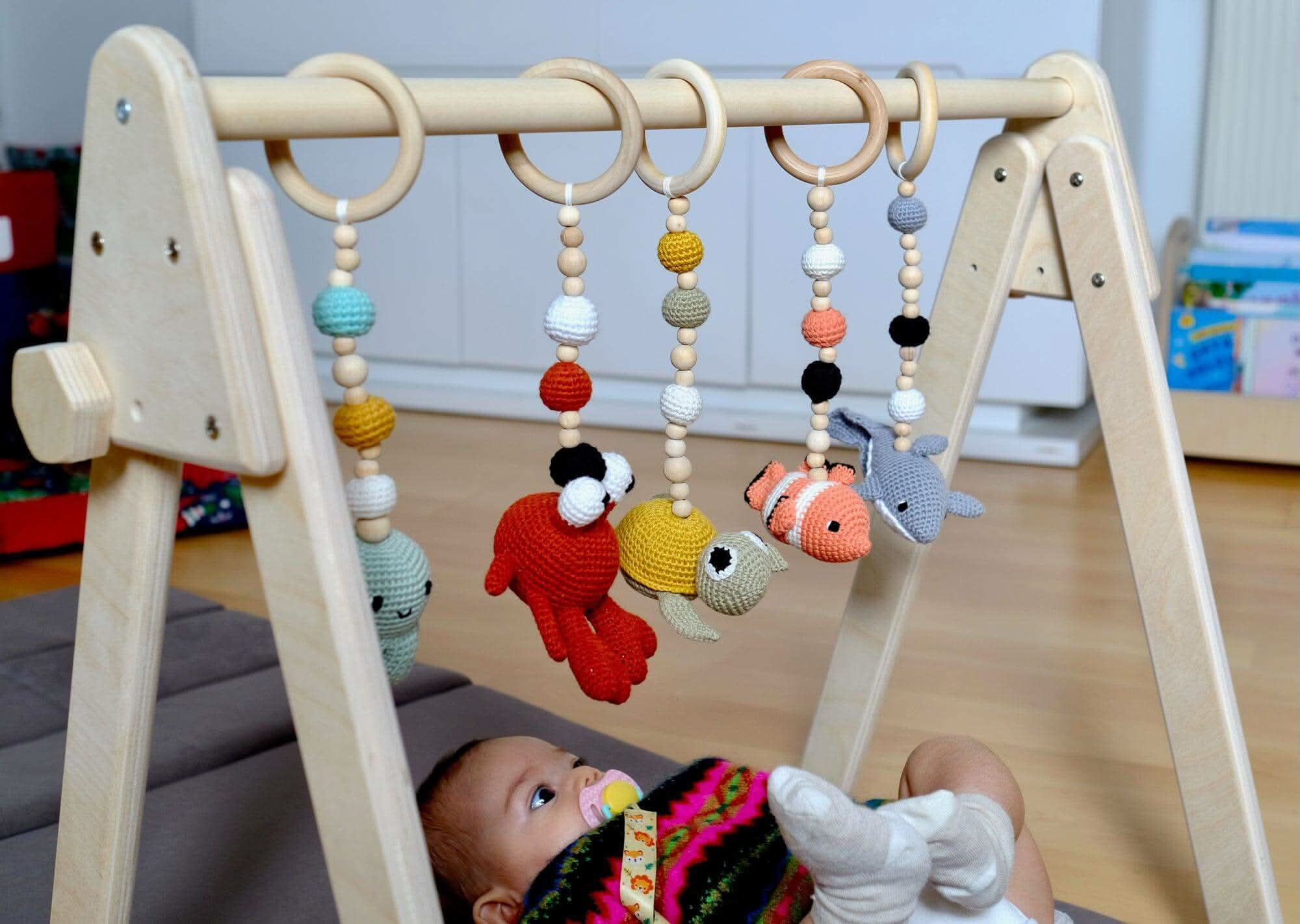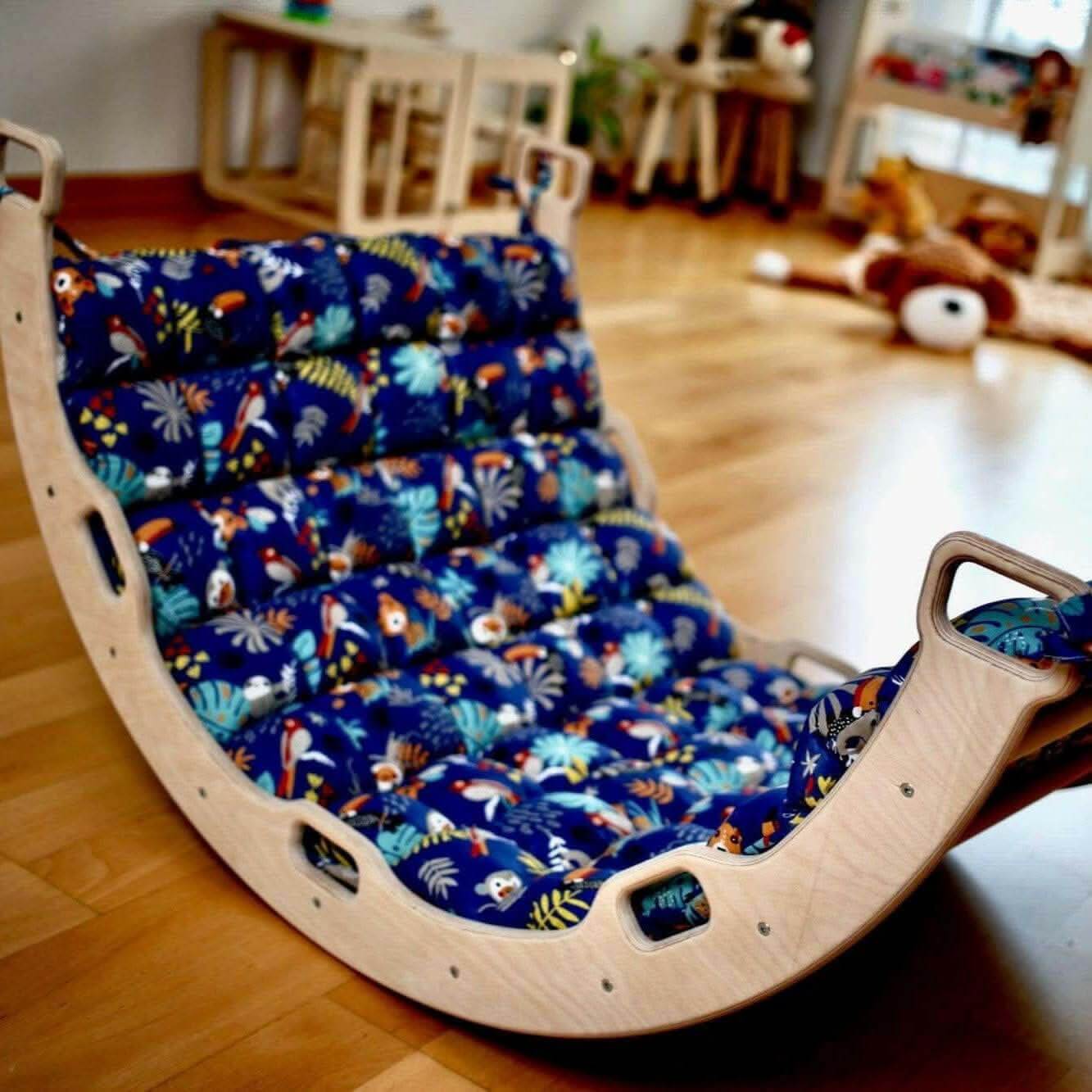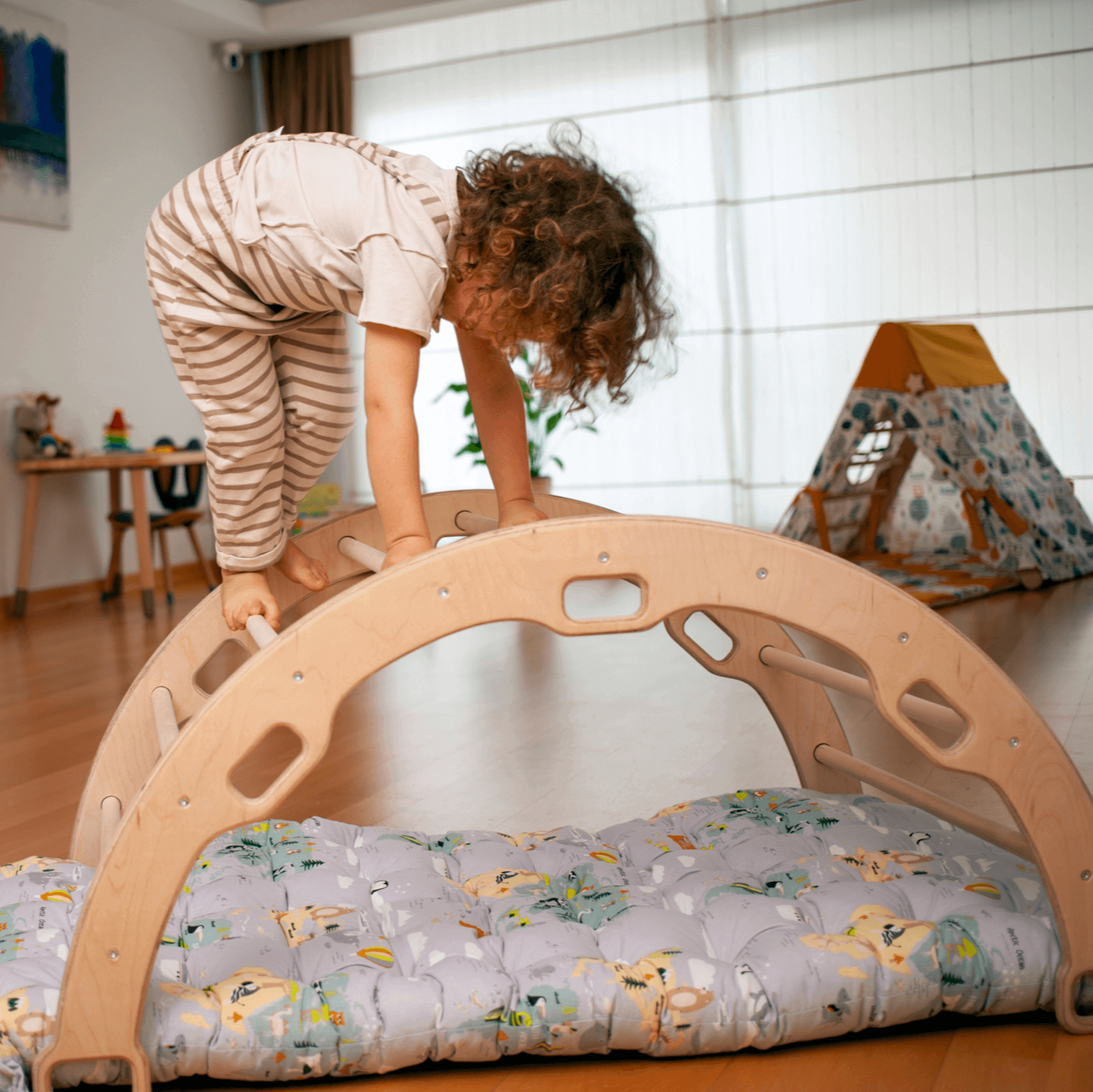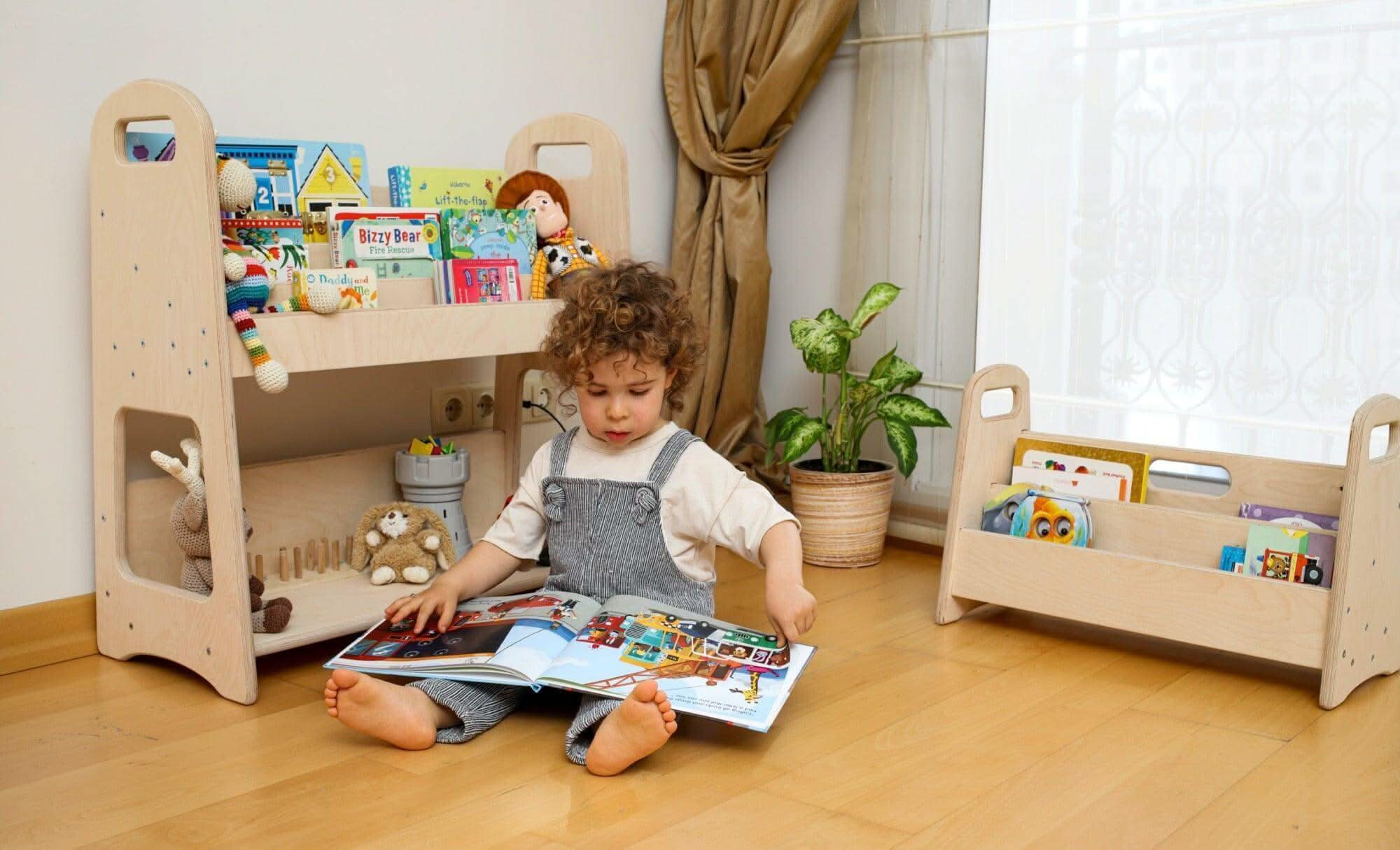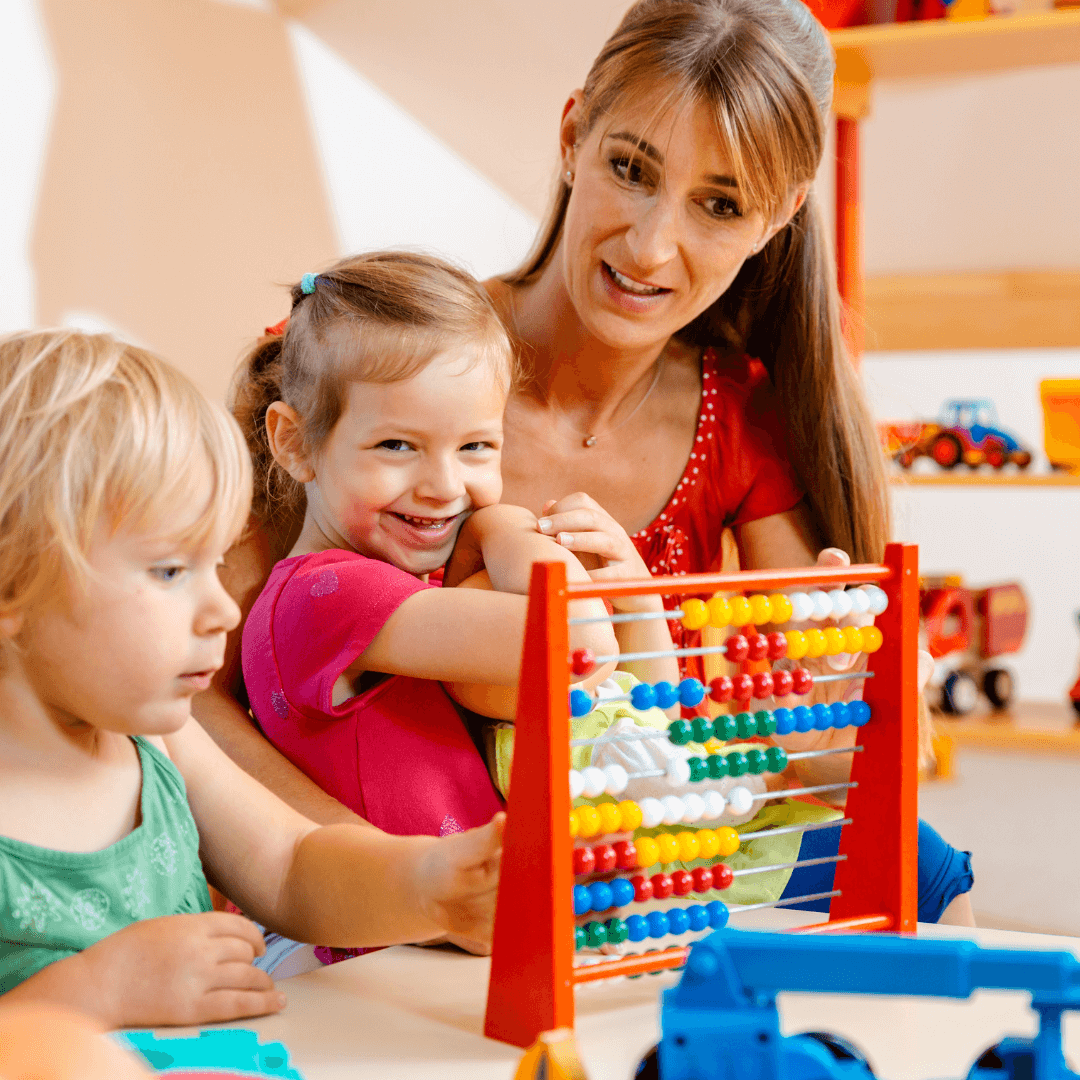

· By halit burak capraz
The Importance of Preschool Education: Preparing Your Child for Success
"The Importance of Preschool Education: Preparing Your Child for Success"
Introduction
Preschool education plays a crucial role in a child's development and future academic success. It provides a foundation for learning, socialization, and emotional growth. In this article, we will explore the importance of preschool education and how it prepares children for their educational journey.
Why is Preschool Education Important?
Preschool education is essential because it lays the groundwork for a child's future learning and development. It helps children develop key skills that will benefit them throughout their lives, including:
- Social Skills: Interaction with peers and teachers helps children learn to communicate, share, and collaborate.
- Emotional Development: Preschool provides a safe environment for children to express their emotions and develop self-regulation skills.
- Cognitive Skills: Early learning experiences stimulate brain development and improve cognitive abilities such as problem-solving and critical thinking.
- Language Skills: Exposure to language-rich environments enhances vocabulary and communication skills.
Key Benefits of Preschool Education
1. Socialization and Teamwork
Preschool offers children the opportunity to interact with their peers, which is essential for developing social skills. Activities such as group play, storytelling, and cooperative games teach children how to work together, share, and respect others.
2. Emotional Growth and Independence
Preschool helps children develop emotional intelligence by providing a supportive environment where they can learn to manage their emotions. Teachers guide children in understanding and expressing their feelings, which fosters emotional resilience and independence.
3. Academic Foundation
Preschool introduces children to basic academic concepts in a fun and engaging way. Activities that involve counting, letter recognition, and simple problem-solving lay the foundation for future learning in subjects like math and literacy.
4. Motor Skills Development
Hands-on activities such as drawing, cutting with scissors, and playing with building blocks enhance fine motor skills. Outdoor play and physical activities help develop gross motor skills, coordination, and overall physical health.
How to Choose the Right Preschool
Selecting the right preschool for your child is an important decision. Consider the following factors when choosing a preschool:
- Curriculum: Ensure the preschool offers a balanced curriculum that includes academic, social, and physical activities.
- Teacher Qualifications: Look for preschools with experienced and trained teachers who understand child development.
- Class Size: Smaller class sizes allow for more individual attention and a better learning environment.
- Facilities: Check if the preschool has safe and well-maintained facilities, including outdoor play areas.
- Parental Involvement: Choose a preschool that encourages parental involvement and communication.
Activities to Support Preschool Learning at Home
Parents can reinforce preschool learning at home with simple and enjoyable activities:
- Reading Together: Reading books with your child enhances language skills and fosters a love for reading.
- Arts and Crafts: Engage in creative activities like drawing, painting, and crafting to develop fine motor skills and creativity.
- Play-Based Learning: Use educational toys and games that promote problem-solving and critical thinking.
- Outdoor Play: Encourage outdoor activities to improve physical health and motor skills.
Conclusion
Preschool education is a vital step in preparing children for their educational journey and future success. By providing a nurturing environment that promotes social, emotional, cognitive, and physical development, preschool sets the stage for lifelong learning. Parents play a crucial role in supporting their child's preschool experience by choosing the right program and engaging in learning activities at home.

